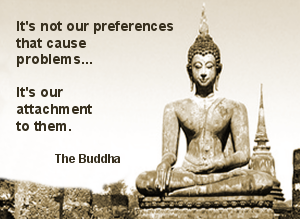 The 2015 election results are in, and they are full of shocks:
The 2015 election results are in, and they are full of shocks:
- Three party leaders resigned before all the results had been announced.
- The Tories’ victory was contrary to the consistent message of all the pre-election polls.
- Labour suffered their most crushing defeat for 30 years.
- In Scotland there was a rout by the SNP.
- UKIP gained 12.6% of the votes but only 0.15% of the seats.
C.G. Jung’s analytical psychology can offer a useful perspective on these results, one that might help voters and parties alike in their preparations for the 2020 election.



